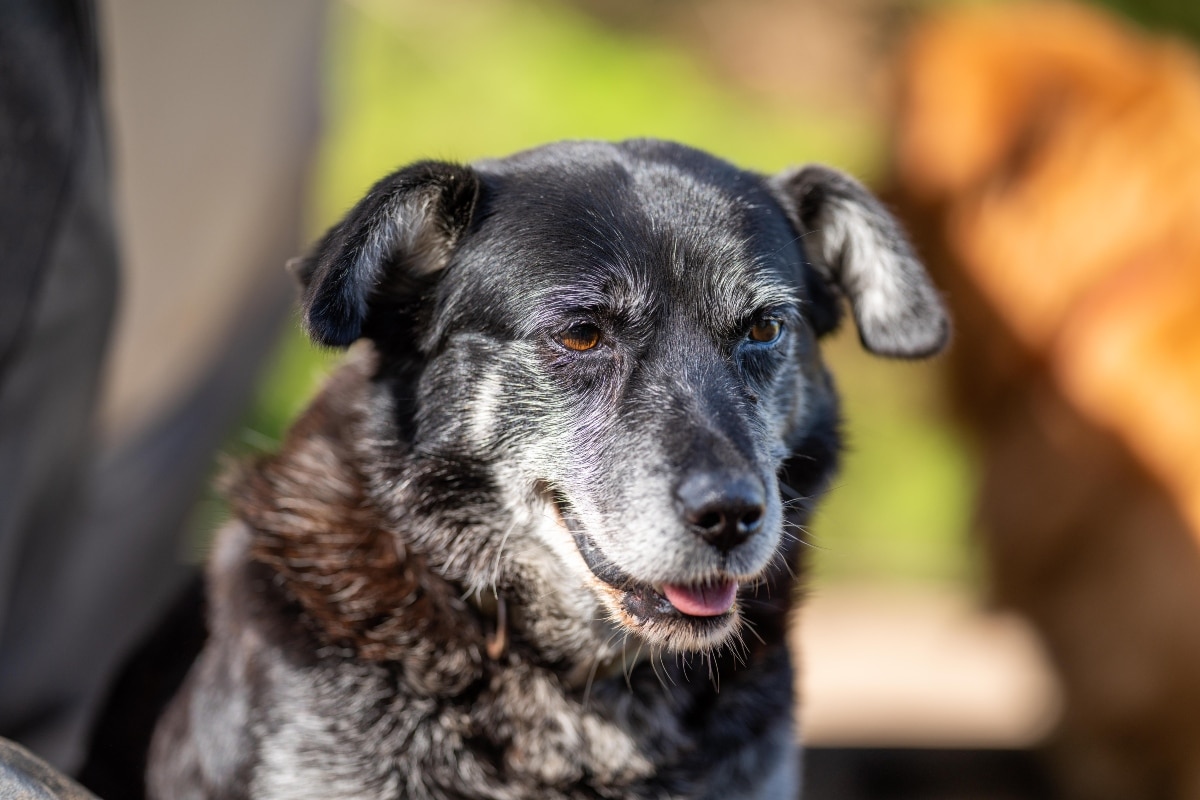 Shutterstock
Shutterstock
Senior dogs are like gentle old souls with years of love and loyalty behind them. They’ve traded zoomies for snuggles and bring a calm, comforting presence that’s truly special. Living with a senior pup showed me how deeply they connect with us, often knowing when we need a little extra love. They may move slower or nap more, but their wisdom and warmth make every moment together meaningful. With patience, affection, and a soft spot to rest, senior dogs remind us what unconditional love really looks like.
They Still Learn New Tricks
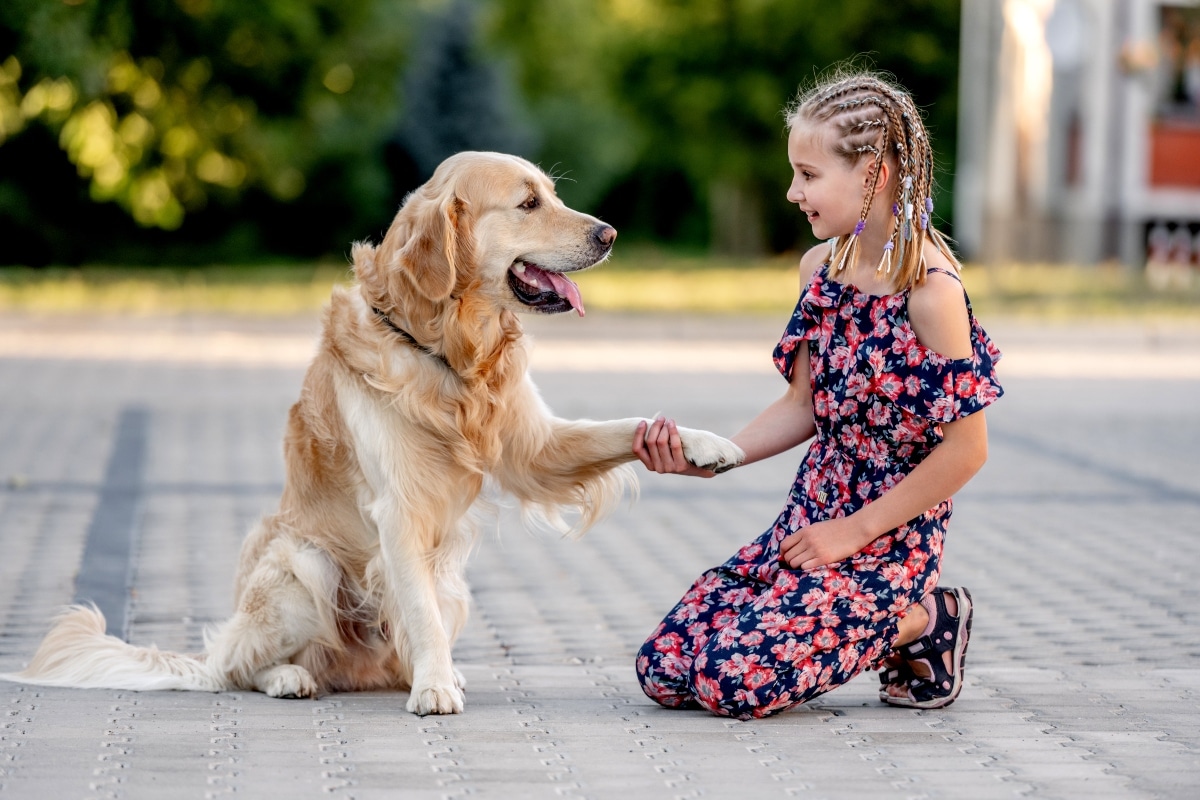 Shutterstock
Shutterstock
Age doesn’t stop dogs from learning. In fact, senior dogs often pick up new commands and behaviors faster because they’re more focused and less distracted than younger pups. Training sessions can actually be a great way to keep their minds sharp and spirits high. I taught my old boy Max how to do a gentle high-five at age ten, and he was so proud every time he got it right. Just like humans, they thrive when they feel useful and engaged.
They Form Even Deeper Bonds
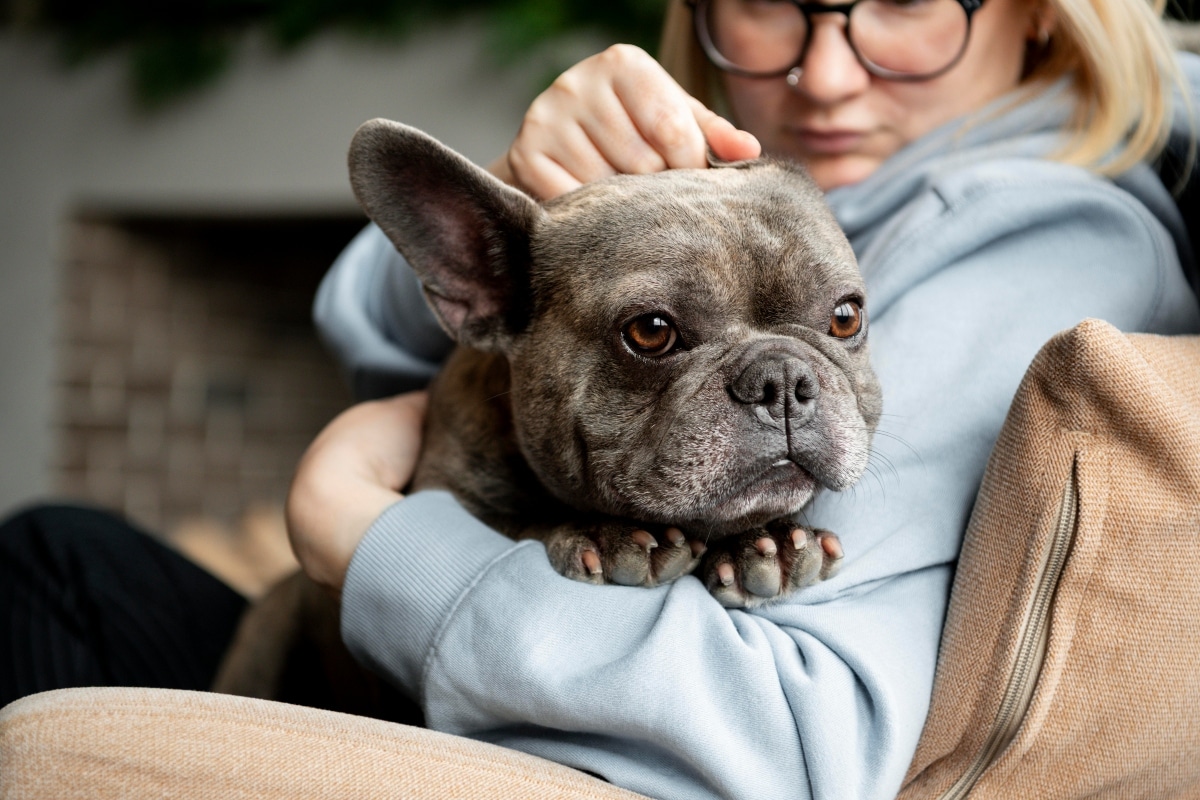 Shutterstock
Shutterstock
Senior dogs often form stronger emotional connections with their humans. Their loyalty deepens with time, and they tend to be more affectionate and tuned into your moods. Max started following me everywhere in his later years, not out of separation anxiety, but because he genuinely wanted to be close. These older pups cherish time with their people more than anything, and it shows in their gentle nuzzles and lingering gazes.
Their Senses May Change, But They Adapt
 Shutterstock
Shutterstock
Hearing or vision might decline, but senior dogs are experts at adapting. They use their other senses, especially smell and touch, to navigate their world. I watched Max adjust to partial deafness by paying more attention to hand signals and vibrations. It was incredible to see how instinctively he figured things out. They may age, but their resilience is truly inspiring.
They Often Sleep More Soundly
 Shutterstock
Shutterstock
Senior dogs need more rest, and they don’t feel bad about it one bit. They’ll snooze through thunder, visitors, and just about anything that doesn’t smell like food. This extra sleep is part of how their bodies heal and recharge. Watching Max curled up in his favorite sunbeam, snoring softly, was one of the most peaceful sights I’ve ever known. These slow-paced naps remind us to enjoy stillness and quiet moments.
Their Grey Fur Is a Badge of Honor
 Shutterstock
Shutterstock
That salt-and-pepper muzzle is more than adorable; it’s a symbol of a life well-lived. Grey fur in senior dogs is completely natural and starts around their face and paws. I used to joke that Max looked like a wise old professor once his face turned white. Each grey hair carries memories of all the love and adventures they’ve shared with you. It’s a reminder of just how lucky we are to grow old together.
They May Become More Vocal
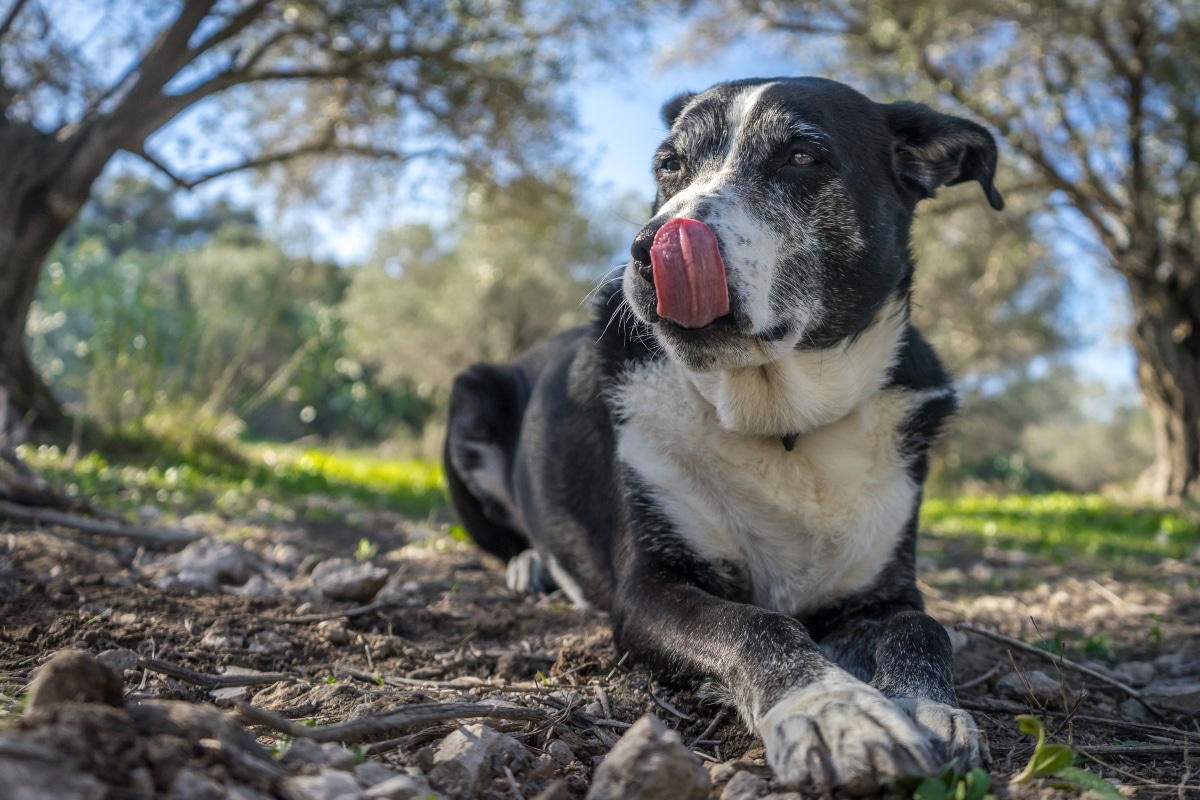 Shutterstock
Shutterstock
Older dogs sometimes find their voice in new ways. They might bark more to communicate their needs or express discomfort, confusion, or simply a desire for company. I noticed Max would gently “woof” when he wanted a lift onto the couch or a snack refill. It wasn’t demanding it was his polite way of saying, “Hey, could you help me out?” Listening closely to these changes is key to understanding what they need as they age.
Their Appetites Can Shift
 Shutterstock
Shutterstock
Senior dogs might become pickier or have different dietary needs as their metabolism and digestion change. What they loved as a pup may not sit right anymore, so it’s often necessary to switch to gentler, senior-specific food. Max went from devouring everything to preferring warm, soft meals with a little broth on top. Paying attention to their eating habits can help ensure they stay happy, healthy, and well-fed in their golden years.
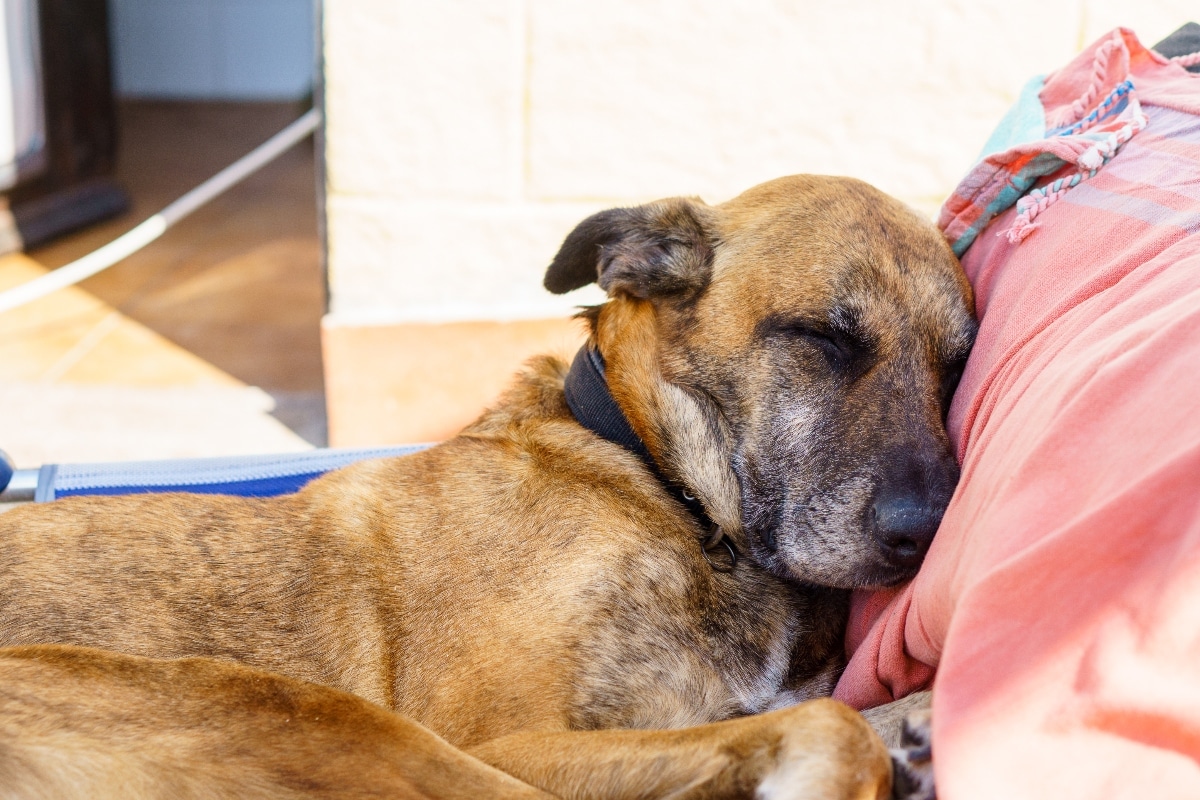 Shutterstock
Shutterstock
Older dogs often benefit from a little extra care, softer beds, slower walks, or supplements to ease joint pain. They might move slower, but their need for comfort and love only grows. I started adding a heating pad to Max’s bed during colder months, and it made such a difference in his mobility and mood. These small adjustments go a long way in helping senior pups enjoy a more comfortable life.
They’re Excellent Emotional Support Animals
 Shutterstock
Shutterstock
With their calm presence and gentle energy, senior dogs often make fantastic emotional companions. They’re less hyper, more predictable, and wonderfully in tune with their human’s emotional state. Max would lie quietly beside me during stressful days, offering a kind of comfort that felt more grounding than words. Their steady, reassuring presence can be deeply healing, especially during difficult times.
Their Health Needs Deserve More Attention
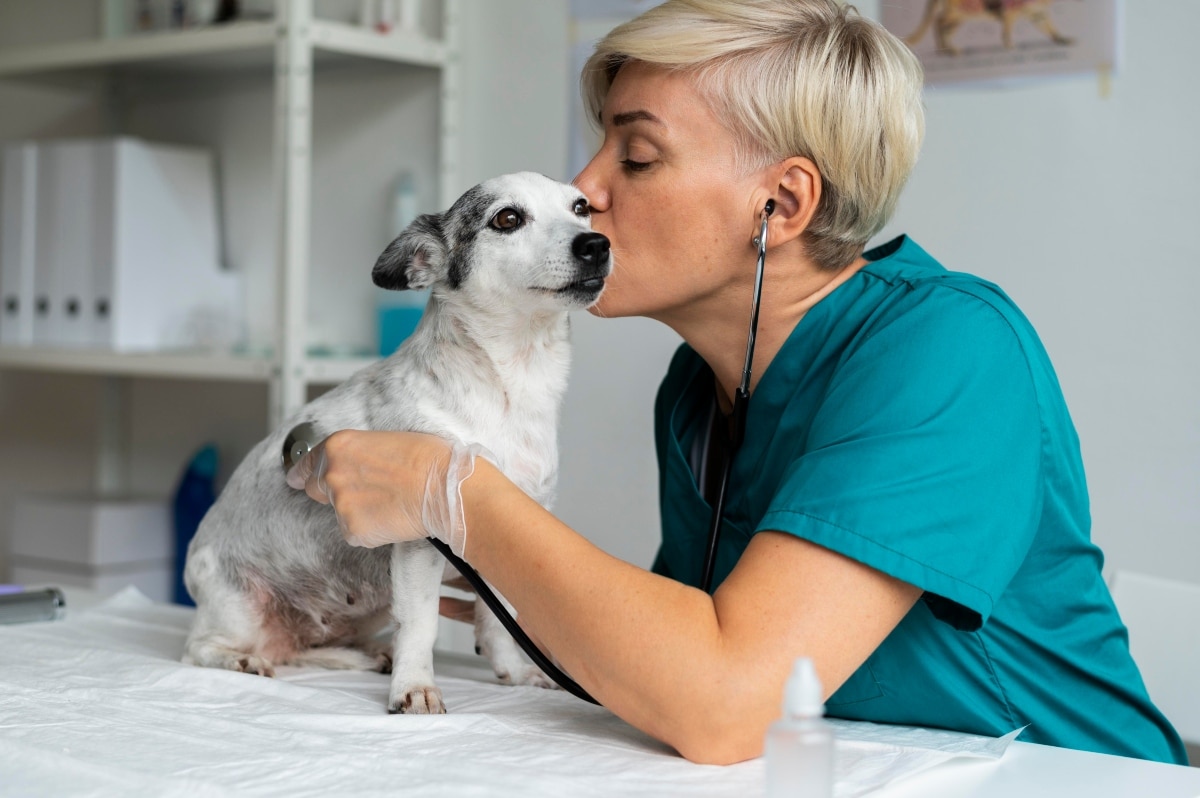 Shutterstock
Shutterstock
Vet visits become even more important in the senior years. Catching things early, like arthritis, dental issues, or organ changes, can make a world of difference in their quality of life. I learned to watch for little changes in Max, like stiffness or hesitation before jumping. Staying on top of their health is a gift you can give back to them for all the love they’ve given you over the years.
They Still Have So Much Love to Give
 Shutterstock
Shutterstock
One of the most beautiful truths about senior dogs is that they still love with their whole heart. Their affection might be quieter or slower, but it’s no less powerful. A soft head resting on your lap, a sleepy tail thump when you walk in, it all speaks volumes. Max taught me that love doesn’t fade with age; it only grows deeper. Senior dogs still want to be part of your life, and their love is as pure as it’s ever been.
The Grey Muzzle Knows Best
 Shutterstock
Shutterstock
Caring for a senior dog is a privilege and a lesson in patience, tenderness, and deep love. These wise pups might move slower and sleep more, but they bring a calm, loyal joy that’s truly special. They’ve seen your best and worst, and they still choose you every single day. Growing old together with your dog is one of the most heartwarming journeys you can take. And if you ask me, there’s nothing more beautiful than a grey-muzzled face looking at you with love.

 20 hours ago
2
20 hours ago
2

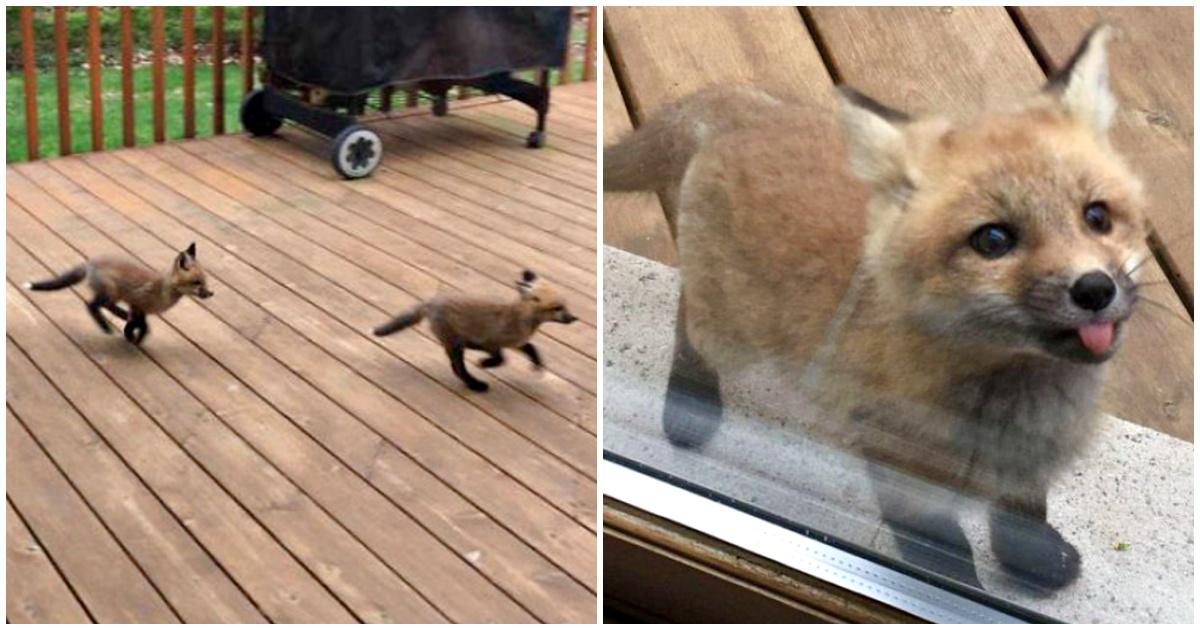

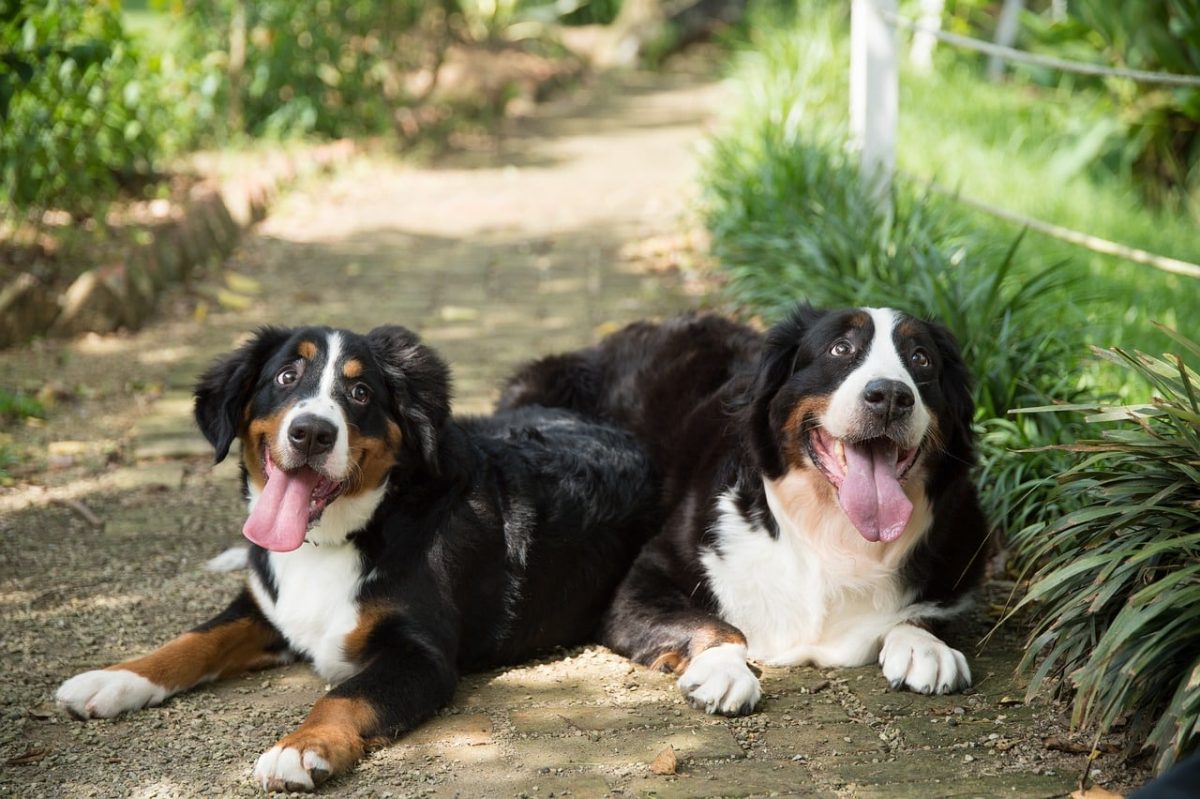



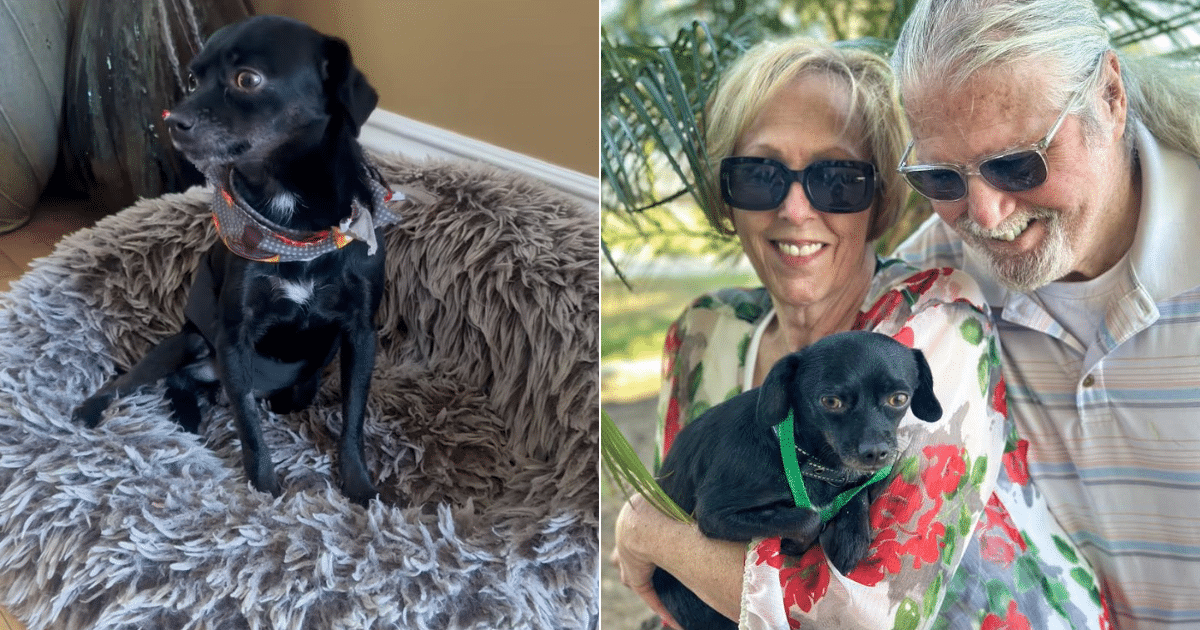


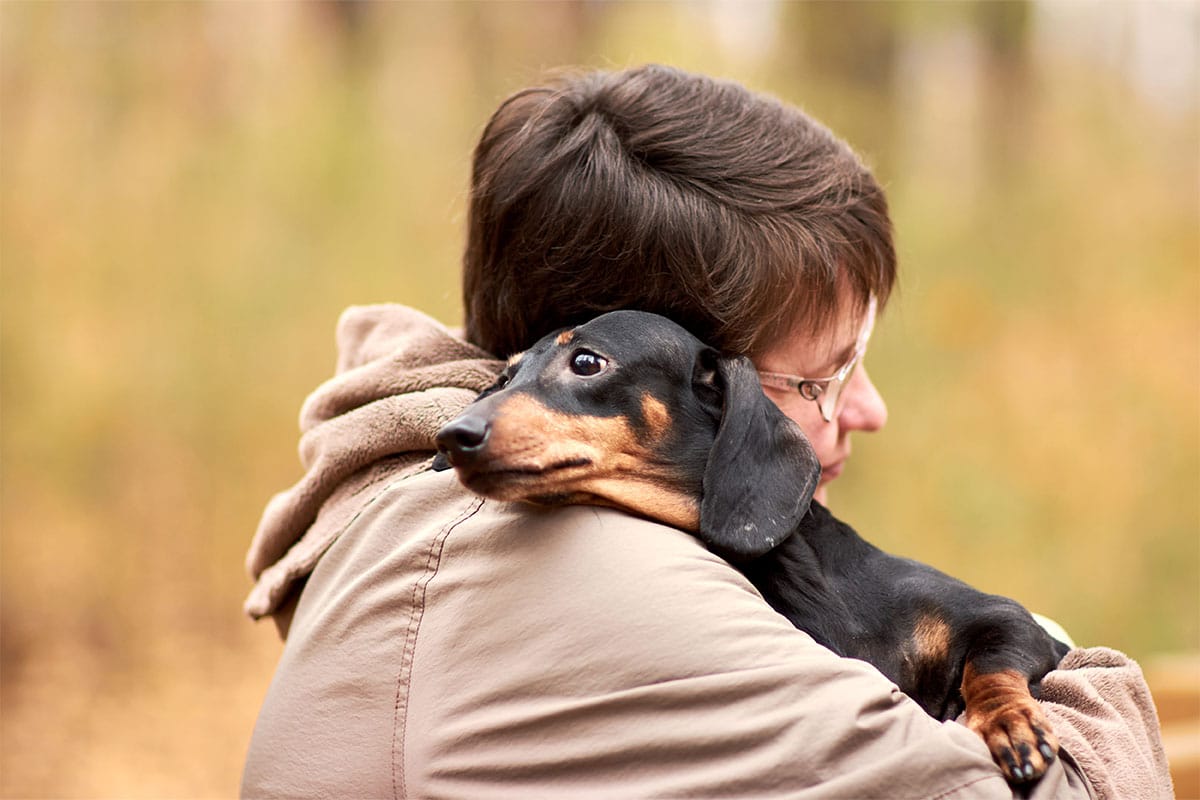

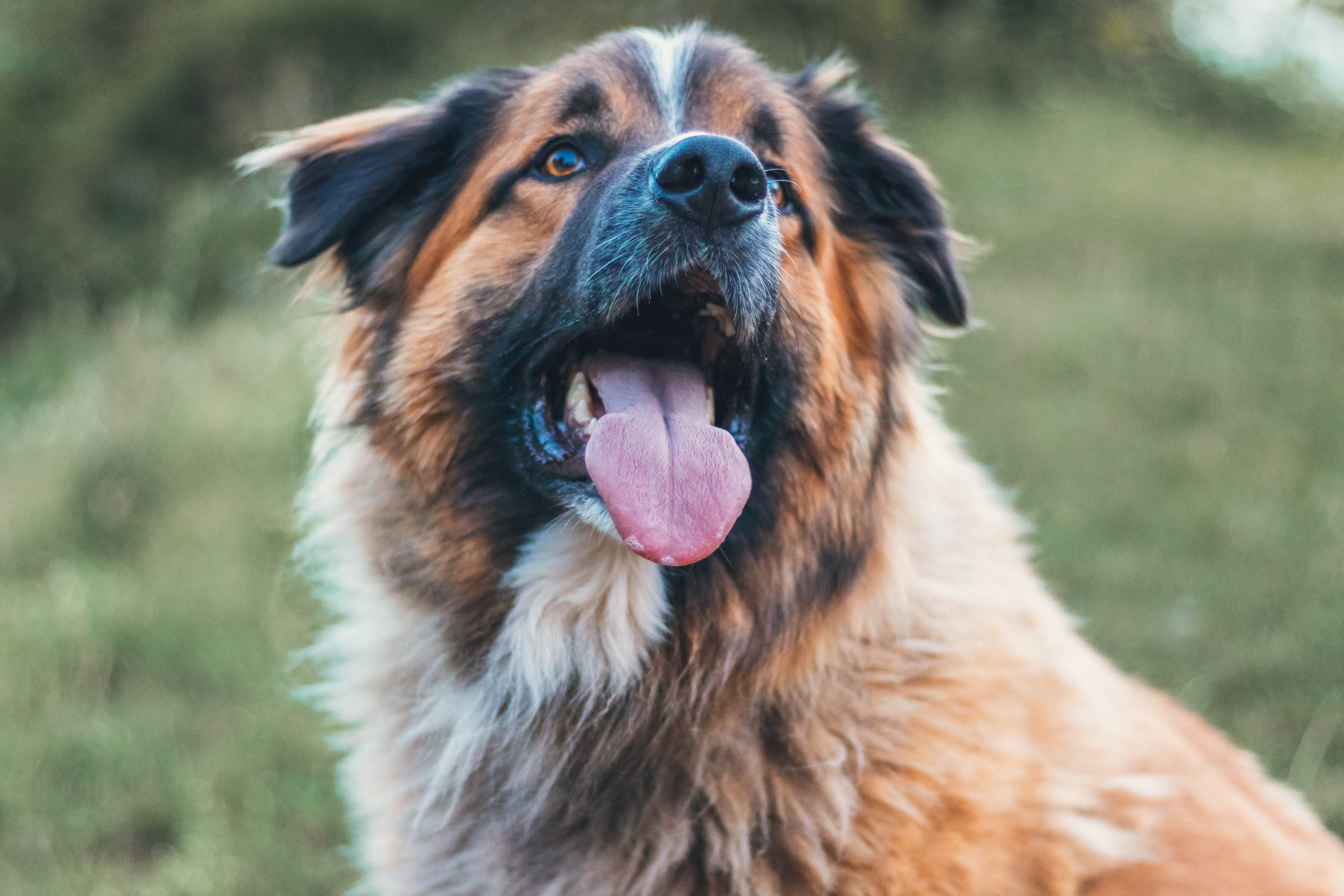
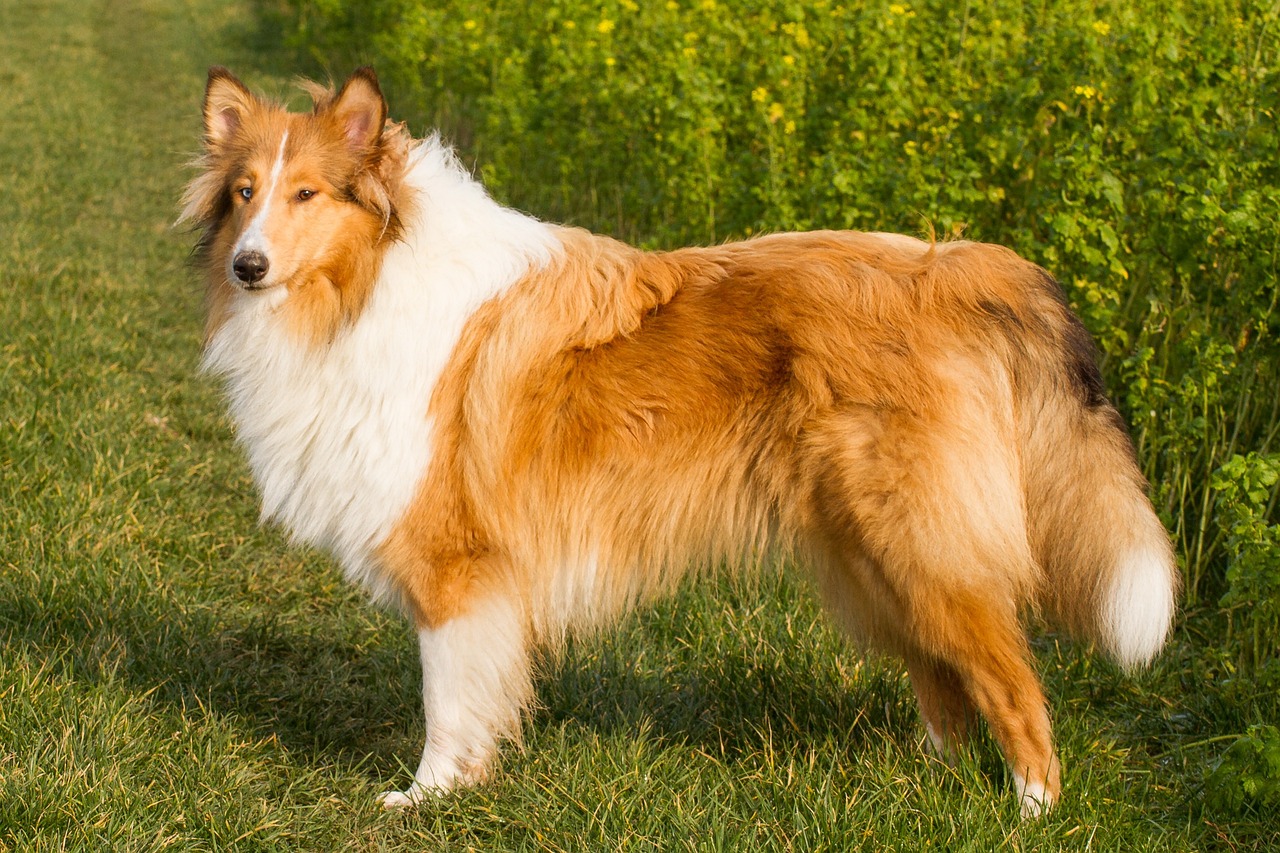




 English (US) ·
English (US) ·